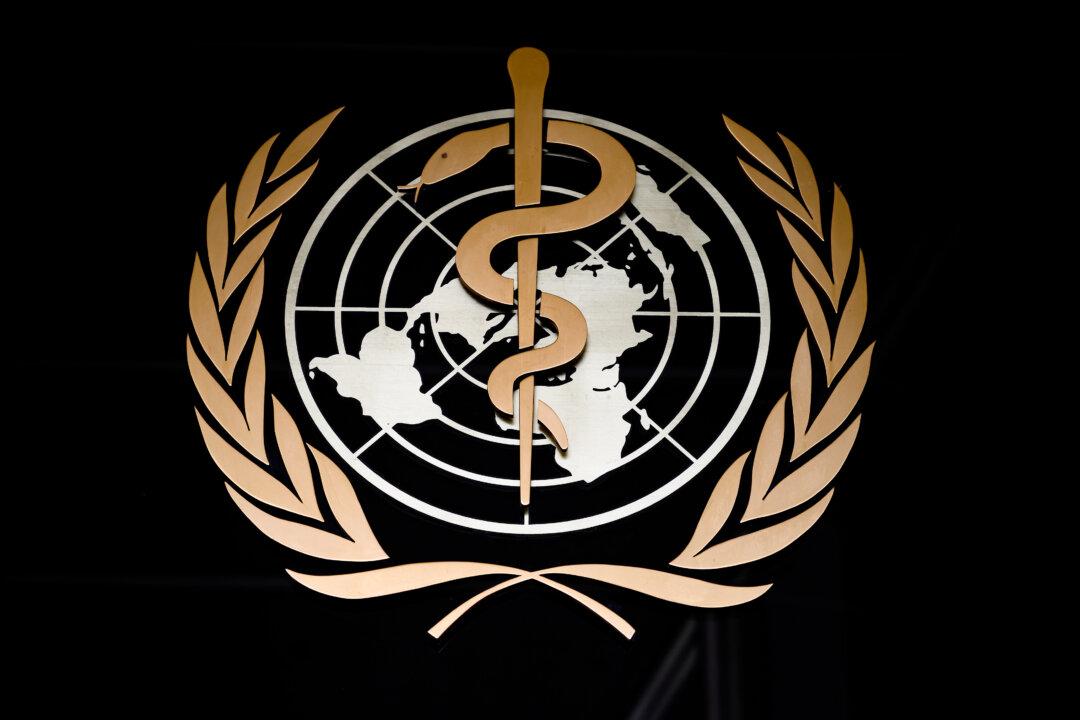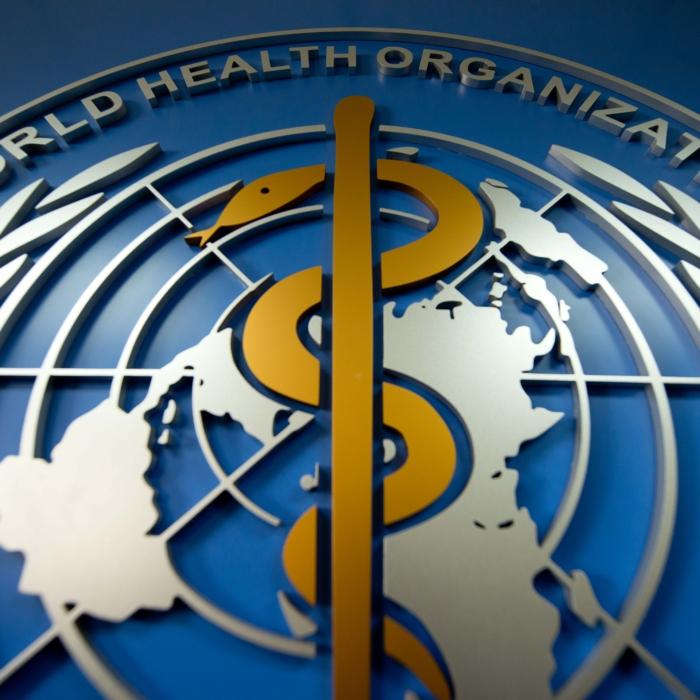A health minister has opposed the inclusion of lockdown mandates in a proposed World Health Organisation (WHO) treaty on pandemic prevention and preparedness, calling it a “red line.”
Health minister Andrew Stephenson told Parliament on Tuesday that the government is “firmly fighting in Britain’s interest,” adding that the WHO must “fully respect national sovereignty” in any treaty that comes forward as a result of negotiations.
During an urgent question on the ongoing negotiations on the pandemic agreement, Mr. Stephenson told the Commons that “under no circumstances will we allow the WHO to have the power to mandate lockdowns.”
“That would be unthinkable and has never been proposed. Protecting our sovereignty is a British red line,” he added.
He confirmed the government will only accept amendments to the international health regulations if they are in the UK’s interest.
International Pandemic Treaty
In 2021, global leaders made “an urgent call” for an international pandemic treaty that was co-signed by former Prime Minister Boris Johnson.The WHO said that such a measure would signal “high-level political action needed to protect the world from future health crises.”
WHO members are due meet in Geneva for the 77th World Health Assembly later in May, when they will discuss the potential treaty or convention.
The treaty has been met with suspicion and concern by some who believe that it would hand more powers and sovereignty to the WHO.
Binding Powers
Conservative MP Danny Kruger said: “We know from the drafts that have been submitted in recent months what the real agenda of the WHO is. They want to have binding powers over national governments to introduce all sorts of restrictive measures on our citizens.”Mr. Kruger has been at the forefront of a campaign scrutinising the organisation’s proposal, and has worked with the campaign group UsForThem, which represented children and young people during COVID-19 lockdowns.
He asked if a vote on ratification on treaty would be put to vote in Parliament.
Mr. Stephenson replied: “The UK treaty-making process means the accord is, of course, negotiated and agreed by the government.
He also stressed that, as yet, there is no treaty to sign up to.
Still Being Negotiated
Ms. Braverman expressed concern and said that “under no circumstances must we surrender our sovereignty or sign up to a lockdown charter.”Conservative MP Philip Hollobone highlighted the WHO’s links to the Chinese Communist Party.
“The World Health Organisation is a failing, mega-expensive, unelected, unaccountable supranational body, which is increasingly under the influence of the global elite, funded by a small number of non-state actors, and China is a malign influence over it,” he said.
“Surely the initial drafts of this treaty must have set alarm bells ringing even in Whitehall at this attempted power grab,” he added.
The shadow health minister Andrew Gwynne said Labour would not support anything that would “leave our population unprotected in the face of a novel disease.”
Mr. Gwynne asked for assurance that the government “will not sign up to anything that would compromise the UK’s ability to take domestic decisions on national public health measures.”
The Epoch Times contacted the WHO for comment.







